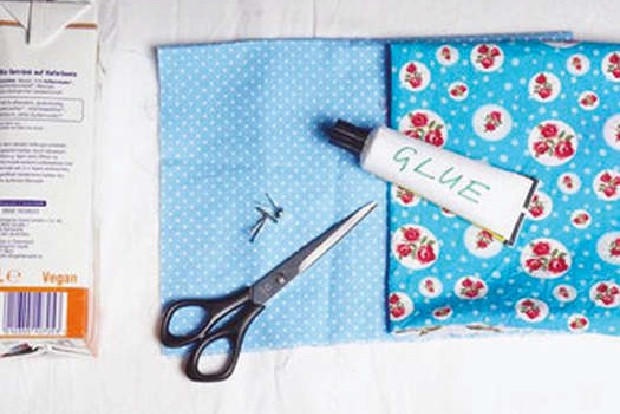Begin typing your search...
Recycling gives a boost to circular economy
Recycling, an activity once associated with empty milk cartons and hippies, is getting a corporate makeover. Last week, tyre giant Continental announced that it will use reprocessed polyester taken from recycled polyethylene terephthalate (PET) bottles in its tyre production starting in 2022.

Chennai
The raw materials for the polyester — a type of plastic — traditionally used in tyre manufacturing is derived from crude oil and natural gas. Making a complete set of vehicle tyres will make use of more than 60 recycled PET bottles. In lab and road testing, tyres made with polyester fibers obtained from bottles performed as well as tyres made with traditional fibers.
“With the use of recycled polyester yarn, we are taking another important step in the direction of cross-product circular economy,” Andreas Topp, Continental’s head of materials, process development and industrialization for tyres, said in a press release. The circular economy is an economic system that aims to keep products and materials in use for longer, thereby increasing their productivity and reducing waste. A widespread uptake of the system could yield economic benefits valuing as much as $4.5 trillion by 2030, according to the World Economic Forum. The German company is just the latest in a line of corporations around the globe that are starting to take recycling more seriously. Last month, a study from the German Institute of Economic Research (DIW) concluded that the production and incineration of plastic releases worrying amounts of carbon into the atmosphere, contributing to climate change.
The production of 1 ton of plastic generates nearly 2 tons of CO2, and burning that waste adds another 2.7 tons of CO2 to the atmosphere, the study’s authors determined. “The climate targets of Germany and the rest of the EU will be missed unless significant efforts are made to strengthen the circular economy,” co-author Frederik Lettow said in a press release. “To be climate neutral by mid-century, it is not enough to rely on low-emission production processes alone.” The DIW, which also provides policy advice, has called for an array of EU regulatory reforms that will encourage a greater focus on recycling in the bloc. This includes more effective price signals for CO2 emissions tradings and legal standards requiring plastic products and packaging be made with recyclability in mind.
Thus far, producers of plastics and trash incineration companies had benefited from far-reaching exemptions to EU emissions trading, the report said. EU sustainability targets specify that 50% of plastic packaging waste should be recycled by 2025 and 55 % by 2030. The recyclability dilemma goes farther than just plastic. And some market players are already trying to address it.
Staying on the topic of tyres: In 2020, American footwear and outdoor brand Timberland partnered with tyre manufacturer Omni United to produce footwear out of used tyres. But they aren’t just any tyres. These ones are purposefully designed to be recycled into footwear outsoles.
“The easiest way to think of our tyre-to-sole program is like taking off a pair of pants and cutting them into shorts,” Timberland wrote on its website when it announced the partnership. This is the kind of long-term thinking DIW says will be necessary to reduce the plastic waste contributing to carbon emissions. “In the consumer goods market, it is essential for manufacturers to make packaging recyclable in order to recycle more effectively,” DIW wrote. “But they have no incentive to do so.” So far, the main drivers for companies to pursue more sustainable practices has been corporate social responsibility, or as a way to market themselves as green to consumers that are increasingly sensitive to sustainability.
This article was provided by Deutsche Welle
Visit news.dtnext.in to explore our interactive epaper!
Download the DT Next app for more exciting features!
Click here for iOS
Click here for Android
Next Story



